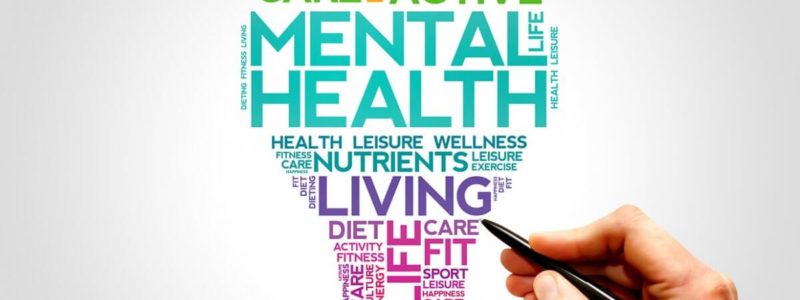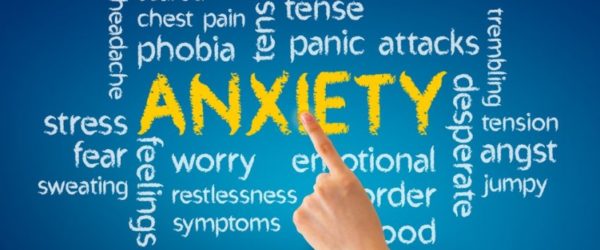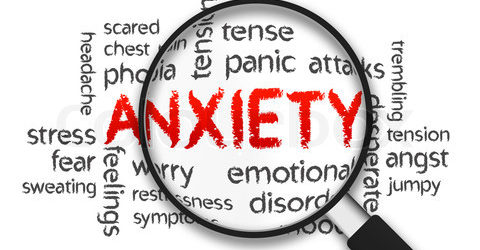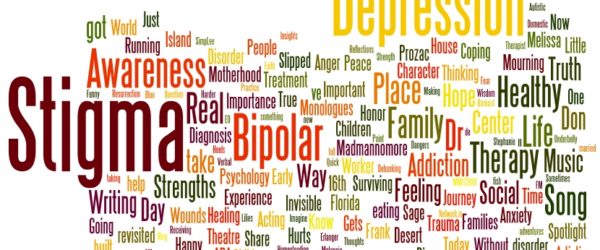The Samaritans charity

Like a lot of the population, I usually spend a big chunk of my time commuting by using trains. Like many people who do the daily grind of taking trains to get to work, and hoping they are on time, I have seen the Samaritans poster on the platforms saying ‘we’re in your corner’. It never fails to make an impact on me, and allows me to remember how much support is out there for people who need it in times of crisis.
Talking therapy, i.e. counselling, group therapy, or psychological therapies such as Cognitive Behavioural Therapy (CBT) can be hugely effective in helping people in a variety of situations. Talking therapy can be used by anyone who has emotional problems that they need help with, or by people who are going through a bad time. For many adults, talking therapy can be just as, or even more, effective as taking medication. People can have these therapies referred to them via a GP, or they can directly refer themselves to a psychological therapies service. There is a NHS link in the reference list that includes further information about this. Of course the E-therapy website also provides the opportunity to have therapy online instead of having an appointment face to face.
However, in times of a mental health crisis, an appointment, perhaps once a week, is not enough. The term ‘crisis’ can be defined as a person’s reaction to an event which presents an obstacle, trauma or threat, which can range in type and severity. Two examples are a situational crisis that occurs due to something happening, such as being a victim of a crime, and an existential crisis, which can be the result of a person’s inner conflicts due to their life direction or purpose. Common signs to look out for in a person who is in a crisis includes sudden changes in mood, a decreased performance and/or withdrawal in normal activities such as work, dramatic changes in sleep habits, and changes in appearance such as neglecting personal hygiene and changes in weight.
Although the Samaritans do not just speak to people who are in crisis, they offer support and a listening ear to people when they need it. The listening volunteers who answer the phone calls to whoever rings listen to callers without any judgement or pressure, and can give the callers ways to cope and also the skills to enable them to be there for other people as well. Aiming to prevent a crisis from occurring is just an important as being there for someone who is going through one.
The vision that the charity has is that fewer people die by suicide. The mission that the Samaritans has is that they will make sure that someone is there for anyone who needs a person to be there for them, as well as giving people ways for them to be able to cope and to help others, and to make suicide prevention a national and local priority. I think that by having the signs on railway tracks is a big part of showing how much of a priority suicide prevention is.
I have known a couple of people over the years who have worked as a volunteer for the charity phone line, and I know from their discussions about the role just how challenging it is. However, it is also very rewarding because what they do really does make a huge difference to people’s lives, in whatever way they need it. Just by knowing that there are people there to support you, even people you don’t know, can provide a level of comfort for when people need it.
Call the Samaritans for free, 24 hours a day, on 116 123
Email the Samaritans at jo@samaritans.org
Sarah Keeping MBPsS MSc PgDip GDip BA (Hons) Cert HE
Follow Sarah on twitter at @keepingapproach
References
https://www.nhs.uk/conditions/stress-anxiety-depression/benefits-of-talking-therapy/
https://www.samaritans.org/about-samaritans/our-organisation/what-we-do/
https://www.verywellmind.com/what-is-a-crisis-2795061
https://www.samaritans.org/how-we-can-help/contact-samaritan/
https://www.samaritans.org/how-we-can-help/contact-samaritan/talk-us-phone/



